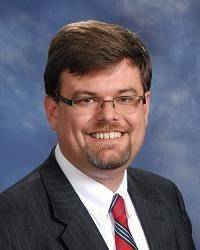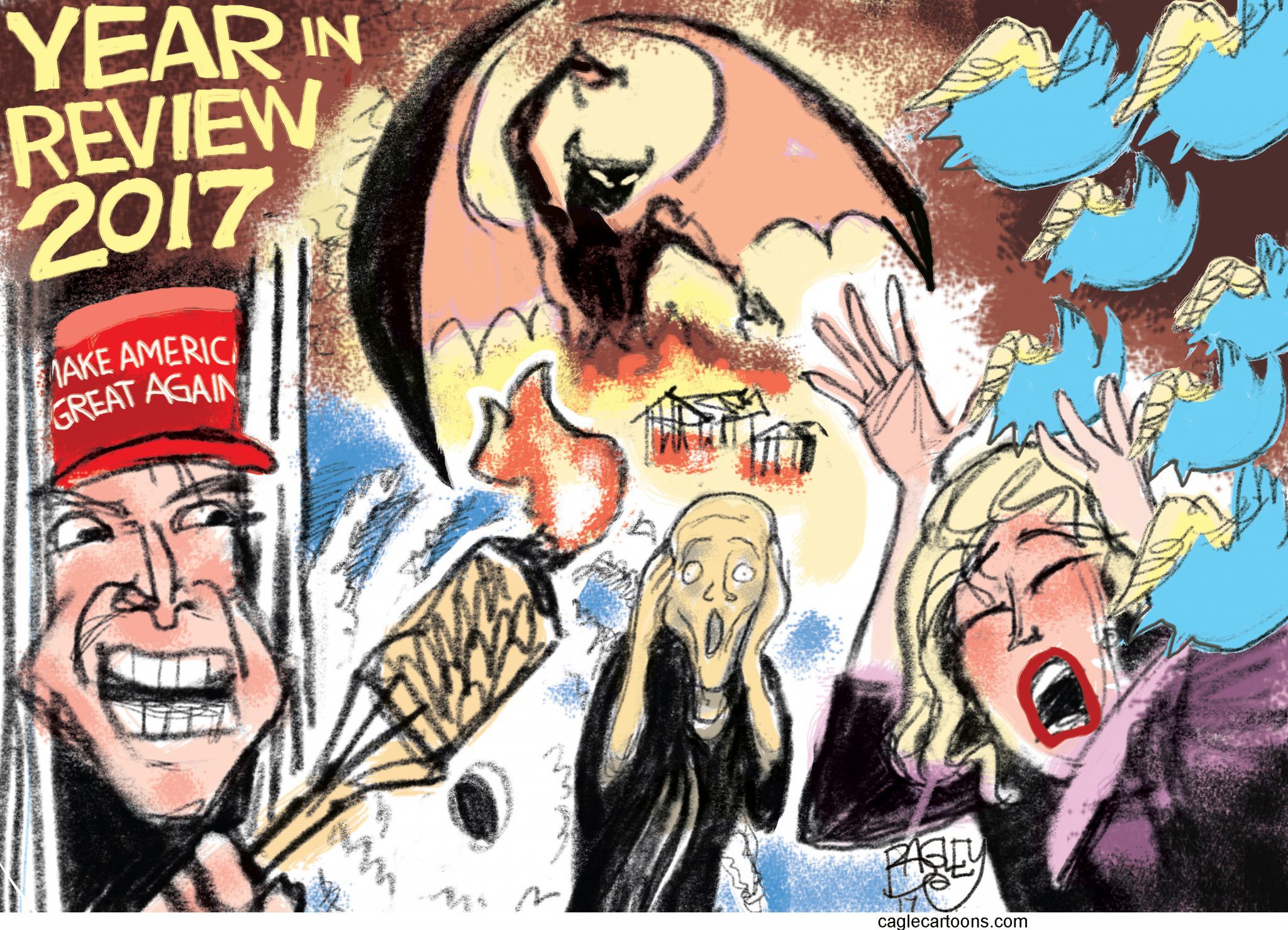BY MARK Y.A. DAVIES
 There once was an ant colony that was struggling for its survival. Food sources in its environment were running low, and the colony was having trouble sustaining itself much less expanding. The colony was barely getting by and longed for the past when work was plentiful and food was in greater abundance.
There once was an ant colony that was struggling for its survival. Food sources in its environment were running low, and the colony was having trouble sustaining itself much less expanding. The colony was barely getting by and longed for the past when work was plentiful and food was in greater abundance.
One day a group of ants who had been out exploring came back to the colony loaded up with a new source of food. They told the members of the colony that after eating this food they experienced more energy and productivity, and the best thing about the new food is that it was plentiful and relatively easy to access, extract, and then transport to the colony. The explorer ants brought the news of this new food source to the leadership of the colony who along with the Queen became convinced that this new food had the potential to make the colony great again.
The explorer ants were given the task of extracting as much of this new food source as possible and transporting it back to the colony. They even constructed new trails and tunnels by which to make the transport more efficient.
In a relatively short period of time the colony was booming, with energy and life that it had not experienced in a very long time. The colony expanded, and the ants were very pleased with the new way of life their new food source was bringing them.
Over time though, some of the more perceptive ants began to notice troubling signs for the colony. The new source of food, though abundant and providing tremendous amounts of energy, was also creating more and more health problems in the colony. Those who were in charge of extracting and transporting the new food source were the first to get sick, and many of them were beginning to die prematurely. The perceptive ants warned that the new food source might be the reason the ants were getting sick and dying.
Some of the leaders of the ants were open to listening to the perceptive ants and became convinced that the downside of the new food source was greater than its benefits, and they began to warn the colony of the danger of continuing to extract and consume the new food. The colony, however, had become dependent on the new food, and many of the most powerful leaders in the colony ridiculed those who argued for taking away that which had made the colony so great. They convinced enough of the colony that the ants who were arguing to stop using the new food source were alarmists and just trying to keep the colony from flourishing.
The perceptive ants realized that their arguments against the new food source would not be heeded unless they found substitutes for the new food source that had brought such energy to the colony, so they worked together to find alternative food sources for the colony. They presented their plans to the colony leadership, but by this time most of the colony leaders had been so enriched and made so powerful by the use of the new food that they would not listen to those wanting to implement plans to use alternative food sources.
In desperation to protect the colony, the perceptive ants even took action to try and block some of the tunnels through which the new food was being transported to the colony. The pro-new food leaders of the colony labeled some of the perceptive ants as enemies of the colony and said that their claims of the new food causing problems and sickness among the ants was the greatest hoax ever perpetrated on the colony. The colony decided to stay with the new source of food that had brought so much energy and growth. The ants in favor of the new food won the day.
In a couple of generations, the ant colony was decimated by the slow release ant poison that it thought was the source of food that would make the colony great again.
– Mark Y.A. Davies is the Wimberly Professor of Social and Ecological Ethics and director of the World House Institute for Social and Ecological Responsibility at Oklahoma City University. Click here for more of his essays.








